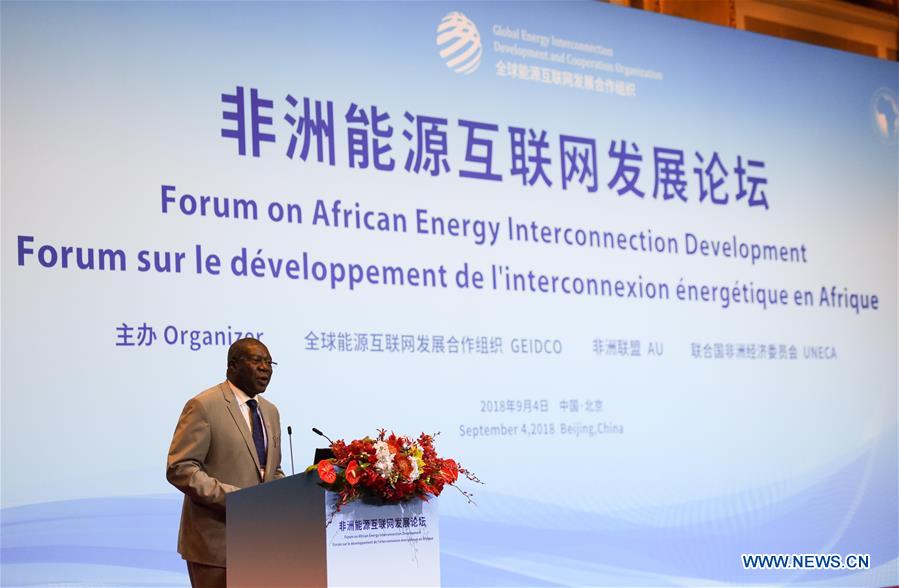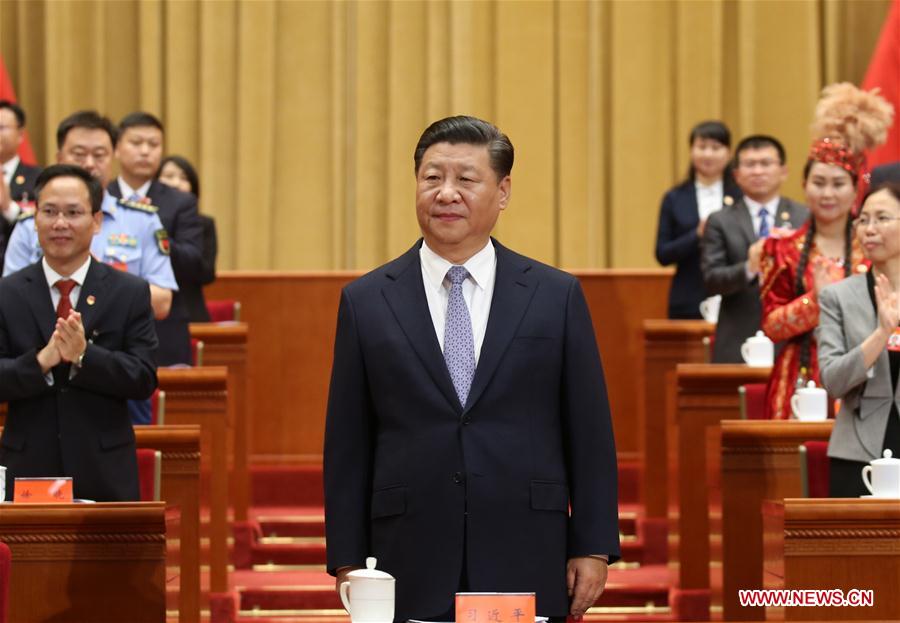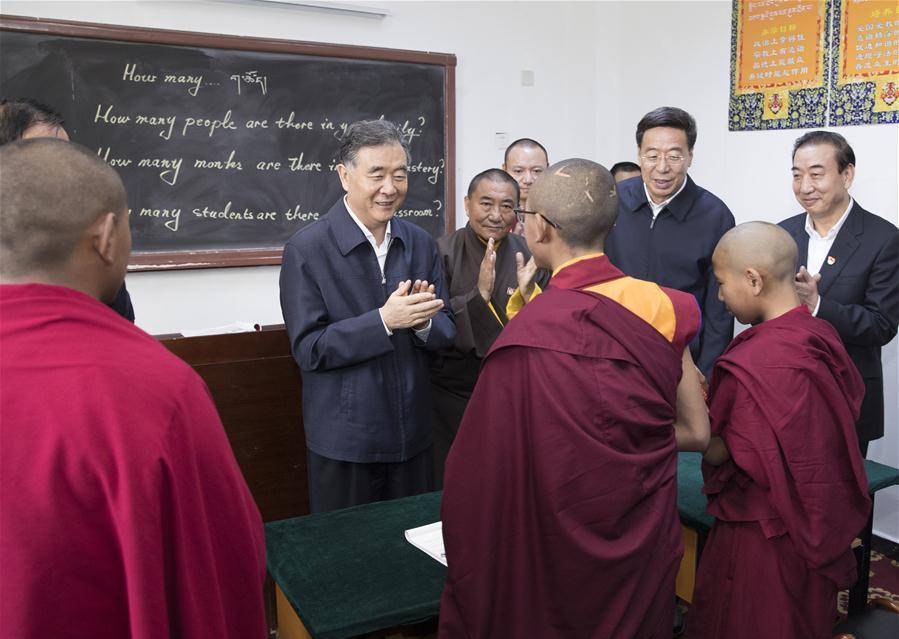China releases white paper on facts and its position on trade friction with U.S.
China published a white paper on Monday to clarify the facts about China-U.S. economic and trade relations, demonstrate its stance on trade friction with the United States, and pursue reasonable solutions.
Excluding the foreword, the 36,000-Chinese-character white paper is comprised of six parts, which are mutually-beneficial and win-win China-U.S. cooperation in the trade and economic field, clarification of the facts about China-U.S. trade and economic relations, the trade protectionist practices of the U.S. administration, the trade bullyism practices of the U.S. administration, damage of the improper practices of the U.S. administration to global economy, and China's position.
China is the world's biggest developing country and the United States is the biggest developed country, said the white paper. "Trade and economic relations between China and the United States are of great significance for the two countries as well as for the stability and development of the world economy."
The white paper said the two countries are at different stages of development and have different economic systems, and therefore some level of trade friction is only natural. "The key, however, lies in how to enhance mutual trust, promote cooperation, and manage differences."
In the spirit of equality, rationality, and moving to meet each other halfway, the two countries have set up a number of communication and coordination mechanisms such as the Joint Commission on Commerce and Trade, the Strategic and Economic Dialogue, and the Comprehensive Economic Dialogue, the white paper said.
Each has made tremendous efforts over the past 40 years to overcome all kinds of obstacles and move economic and trade relations forward, which has served as the ballast and propeller of the overall bilateral relationship, according to the white paper.
However, the new administration of the U.S. government has trumpeted "America First" since taking office in 2017, and has abandoned the fundamental norms of mutual respect and equal consultation that guide international relations, said the white paper.
"Rather, it has brazenly preached unilateralism, protectionism and economic hegemony, making false accusations against many countries and regions, particularly China, intimidating other countries through economic measures such as imposing tariffs, and attempting to impose its own interests on China through extreme pressure," according to the white paper.
The white paper stressed China has responded from the perspective of the common interests of both parties as well as the world trade order, observing the principle of resolving disputes through dialogue and consultation, and answering the U.S. concerns with the greatest level of patience and good faith.
The Chinese side has been dealing with these differences with an attitude of seeking common ground while shelving divergence, the white paper said. "It has overcome many difficulties and made enormous efforts to stabilize China-U.S. economic and trade relations by holding rounds of discussions with the U.S. side and proposing practical solutions."
However, the U.S. side has been contradicting itself and constantly challenging China, the white paper said.
"As a result, trade and economic friction between the two sides has escalated quickly over a short period of time, causing serious damage to the economic and trade relations which have developed over the years through the collective work of the two governments and the two peoples, and posing a grave threat to the multilateral trading system and the principle of free trade."
The Chinese government published the white paper to clarify the facts about China-U.S. economic and trade relations, demonstrate China's stance on trade friction with the United States, and pursue reasonable solutions.
China-U.S. economic and trade ties concern not only the well-being of the peoples of the two countries, but also world peace, prosperity and stability, the white paper said. "Cooperation is the only correct option for China and the United States, and only a win-win approach will lead to a better future. China's position is clear, consistent and firm."
Your Comment
Name E-mailRelated News
-
-
White House counsel Don McGahn to depart in the fall
President Donald Trump is tweeting that his White House counsel, Don McGahn, will be departing in the fall after the Senate confirmation vote for Judge Brett Kavanaugh to serve on the Supreme Court.
-
-
White House bans CNN reporter from press event
The White House on Wednesday banned a CNN reporter from a press conference after the reporter acted "inappropriately", drawing controversy.
-
-

-
China issues white paper on ecological progress on Qinghai-Tibet Plateau
China issued a white paper about ecological progress on the Qinghai-Tibet Plateau, which is a key eco-safety barrier in China and Asia, and a focus of the country's drive to promote ecological progress.
-
-
-

-
A family of four generations devoted to Tibetan paper making
Nyemo County is located about 150 kilometers away from Lhasa, capital of southwest China's Tibet and is famous for Tibetan paper making.
-
-
-

-
Forum on African Energy Interconnection Development held in Beijing
As a side event of the 2018 Beijing Summit of the Forum on China-Africa Cooperation (FOCAC), the forum is jointly hosted by the Global Energy Interconnection Development and Cooperation Organization (GEIDCO), the African Union (AU) and the United Nations Economic Commission for Africa (ECA).
-







